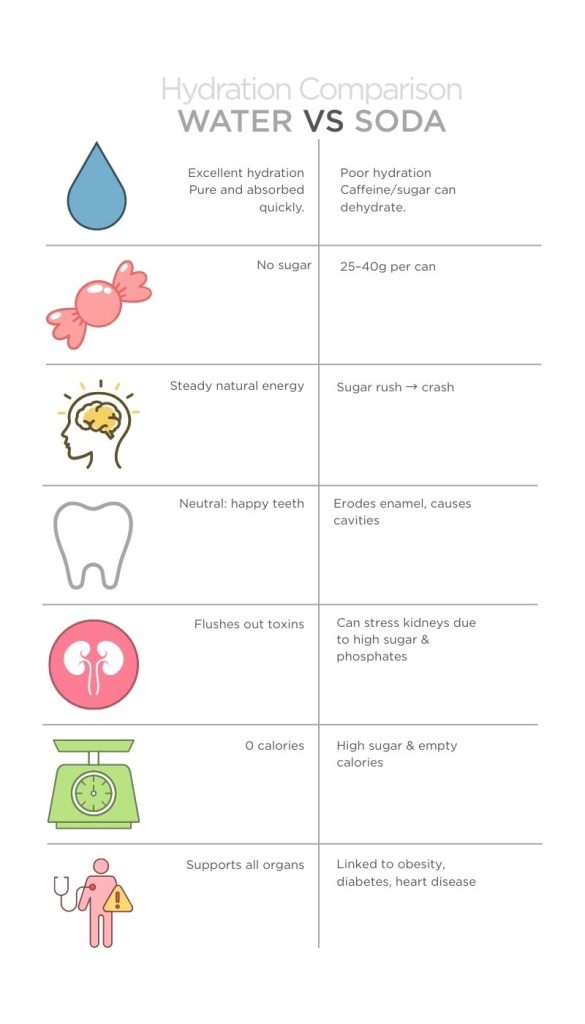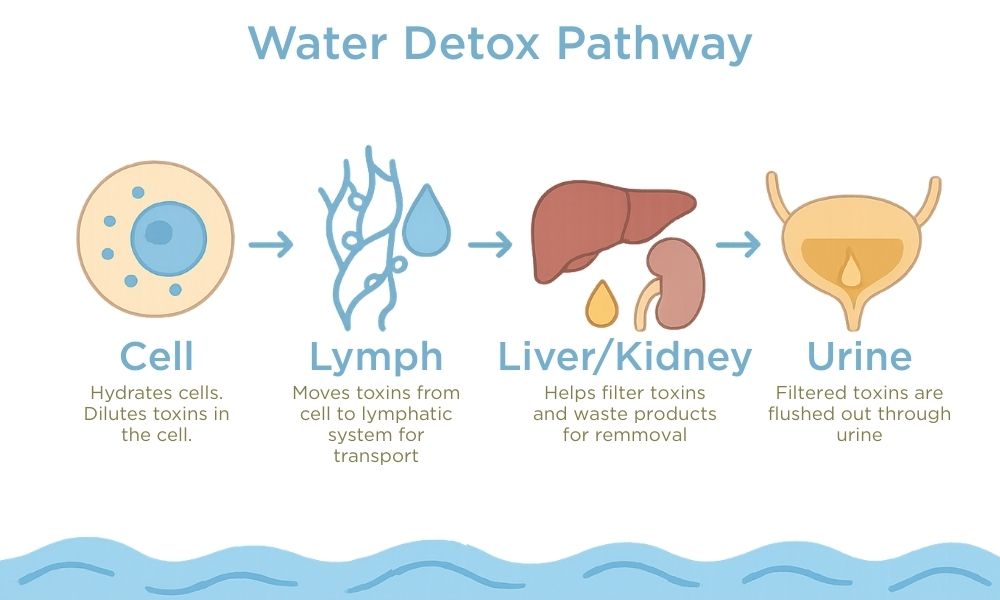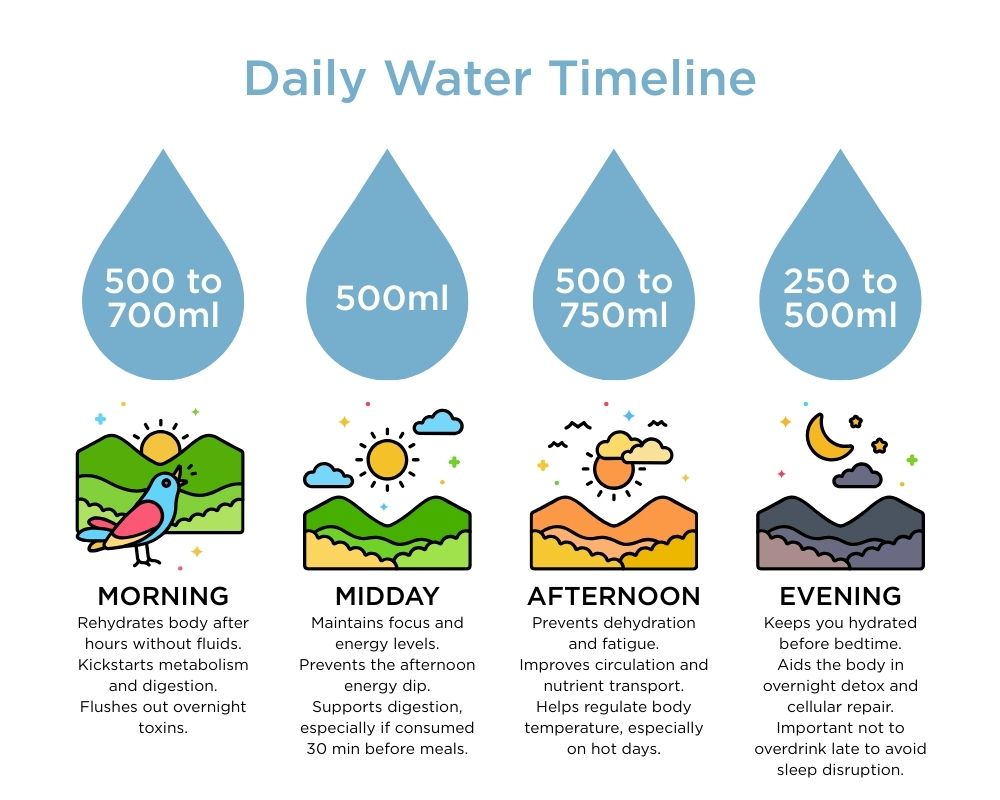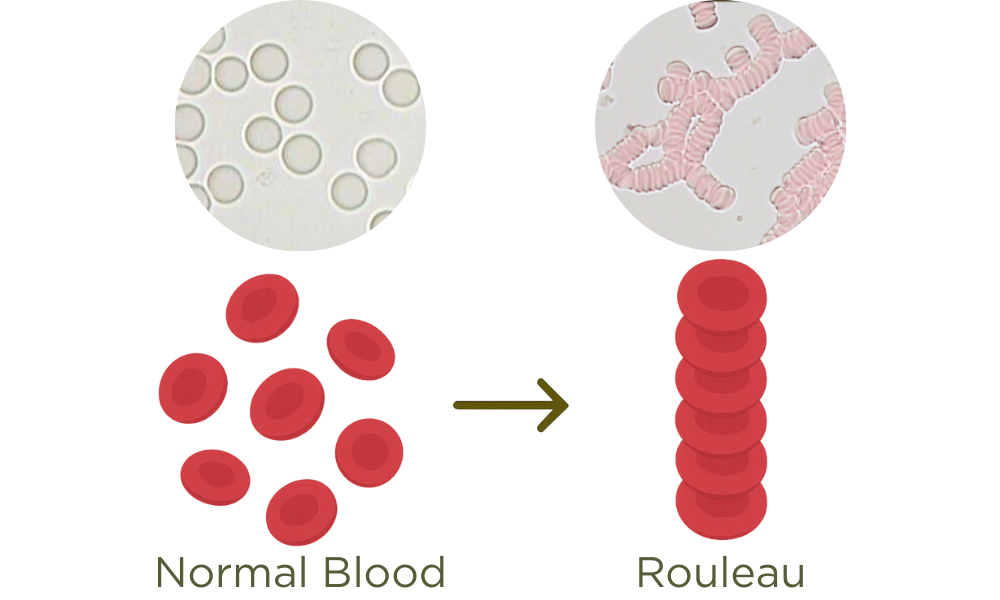The Vital Truth About Water: Why, How, and What You Need to Know
Water. Simple, abundant (for some), and yet, so overlooked. While we can survive weeks without food, our body begins to shut down after just a few days without water. Considering that the human body is made up of approximately 60–70% water, we are, quite literally, walking oceans.
Water doesn’t care if you like the taste or not. It doesn’t care that you think your body is “fine” without it. The truth is that your system relies on water for every single function. Without enough of it, your body cannot heal, detox, energize, or maintain itself.
WATER IS NOT OPTIONAL it’s essential. It’s time for a mindset shift.
Why Water Matters Daily
Water is not just a thirst quencher. It is the foundation for every life-giving biochemical process in your body. It transports nutrients via the bloodstream to every cell, facilitates the removal of cell waste through the lymphatic system and kidneys, maintains blood pressure and body temperature, and supports digestion and smooth bowel movements. Water also drives the body’s bioelectrical impulses, hydrates your skin, tissues, and organs, and promotes the absorption of nutrients in your gut. Without water, these systems slow down or shut down entirely.

Cellular Detox & Lymphatic Function
Our cells constantly produce waste as a result of metabolism. This waste includes toxins, byproducts, and excess compounds that must be removed from the body. But before they can be filtered out, they must be diluted in water. This allows them to move freely through the lymphatic system and bloodstream. The lymphatic system, alongside the circulatory system, acts as a drainage highway, transporting these toxins to the liver and kidneys where they can be broken down, filtered, and excreted. If this detox cycle is disrupted due to dehydration, cellular waste accumulates, resulting in:
- Free radicals that damage cells and nerves.
- High blood glucose concentrations that attack myelin sheaths (e.g., burning feet).
- Retained drug byproducts that disrupt hormone and immune function.
- Inflammation, ulcers, and chronic diseases.
Chronic dehydration silently fuels chronic disease.

The Dangers of Overconsuming Water (Too Fast)
Yes, you can drink water wrong. Chugging 1L of water in under 15 minutes can dilute sodium levels in the blood, overwhelm the kidneys, and even cause water intoxication (hyponatremia).
Best Practices:
- Drink small sips regularly throughout the day.
- Choose room temperature or warm water, especially on an empty stomach.
- Sip, don’t gulp, especially during or after meals.
- Daily intake formula: (Your weight in kg / 8) x 0.25 = litres of water needed per day.

Water Needs Minerals and Salt
For water to hydrate effectively, it must contain minerals. Electrolytes like sodium, potassium, magnesium, and calcium are vital because they power every heartbeat, nerve signal, and muscle contraction. They also help red blood cells stay separate and flowing, preventing the sticky “Rouleau Effect” that slows blood and blocks oxygen delivery.
Without minerals, blood circulation slows, oxygen and nutrients are poorly delivered, and both organ and brain functions decline. Drinking purified water without minerals may actually pull minerals from your body. That’s why adding a pinch of Himalayan/Celtic Salt or Fulvic Acid can enhance water’s hydrating ability.

Water and Brain Health
When dehydrated, the brain signals the pituitary to release Vasopressin (ADH)—a hormone that causes blood vessels to constrict, raising blood pressure. The result?
- Brain fog
- Headaches and migraines
- Memory issues
- Mood swings and mental fatigue
Water and the Kidneys
Water is crucial for kidneys to:
- Filter blood
- Remove uric acid and toxins
- Prevent kidney stones
- Maintain healthy blood pressure and electrolytes
Drinking water is the easiest and cheapest way to lower uric acid levels, reducing the risk of gout and kidney stones. If you’d rather pop a pill than drink water from your tap, you’re making an expensive mistake.
Water, Oedema & Retention
Strangely, not drinking enough water can cause the body to hold on to it. When dehydrated:
- The body stores water in tissues as a survival mechanism.
- Lymphatic drainage slows, leading to fluid buildup.
- You experience puffiness, bloating, and swollen limbs.
This retention is the body’s cry for hydration, not a sign to stop drinking. The fix?
- Drink clean, mineral-rich water regularly to reassure your body it’s not in a drought.
- Move your body to activate lymph flow and release trapped fluids.
Water, Uric Acid & Bone Health
Alkaline water helps flush excess uric acid, which prevents the painful buildup of uric acid crystals in joints (gout) and tissues. High uric acid also encourages calcium to leach from the bones to balance blood pH, which weakens bones over time. Staying well hydrated with mineral-rich water protects bone density and reduces chronic inflammation in joints.
Water and Immunity & Detox
Water is essential to the immune and detox systems. It:
- Keeps mucous membranes moist to trap pathogens like bacteria.
- Enables lymph fluid to transport immune cells throughout the body to fight infection.
- Supports the clearance of bacteria and viruses to keep you healthy and illness-free.
- Aids nutrient absorption for building strong immune defenses.
- Moistens the lungs, supports mucous clearance, and enhances oxygen exchange in breathing.
Water and Hormones
Water has a profound effect on hormonal balance. Every endocrine gland (thyroid, adrenals, ovaries/testes, pituitary) requires hydration to function. Without water:
- Cortisol and adrenaline levels rise due to perceived stress.
- Thyroid hormones are less effectively produced and transported.
- Hormonal disruptors from toxins aren’t flushed out, leading to estrogen dominance and fertility issues.
- Insulin sensitivity drops, worsening blood sugar problems.
A well-hydrated body has better hormone regulation, cleaner detox pathways, and fewer endocrine-related symptoms.
Water and Body Temperature
Water in the cells acts as an internal air conditioner. It regulates heat distribution and helps the body adapt to temperature changes. In cold, it pulls warmth toward vital organs; in heat, it activates sweat glands to cool the body. Without enough water, you’re more prone to heatstroke, fever spikes, or temperature intolerance.
Water and the Colon
Water keeps the colon smooth, hydrated, and functional. It helps soften stool, prevent constipation, and maintain the gut lining’s integrity. A dry colon leads to leaky gut, hardened stool, IBS, and poor nutrient absorption. Over time, this lack of hydration leads to skin issues, premature aging, and even systemic inflammation.
The Danger of “Dead Water”
Purified or distilled water is often stripped of minerals and structure. This water can dehydrate rather than hydrate, as it may pull minerals from your cells to restore balance.
Ideal water is:
- Clean: Filtered of pathogens and contaminants
- Alkaline: With a pH of 7.3–8 to support cellular function
- Mineral-rich: With trace elements added naturally or via Fulvic Acid
- Alive: Structured to match the body’s needs and conductivity

South Africa’s Water Reality
South Africa faces serious water infrastructure issues:
- Aging, poorly maintained pipes can contaminate clean water with pathogens and metals.
- Frequent recycling and chemical treatments affect taste, safety, and mineral content.
What you can do:
- Invest in a high-quality filter.
- Re-mineralize your water with sea salt or fulvic acid.
- Stay informed about local water safety reports.
Special Mention: Pregnancy & Water
Pregnant and breastfeeding women have higher water needs. Mineral-rich water supports:
- Easier, more comfortable labour.
- Improved milk production and lactation quality.
- Better fetal development and amniotic fluid balance.
Water is not just a drink. It’s a daily therapy, a detox agent, and your body’s most natural medicine. Don’t underestimate it. Don’t ignore it. Drink wisely, hydrate daily, and embrace water as the life force it is.
Simple. Affordable. Essential. That’s water.

